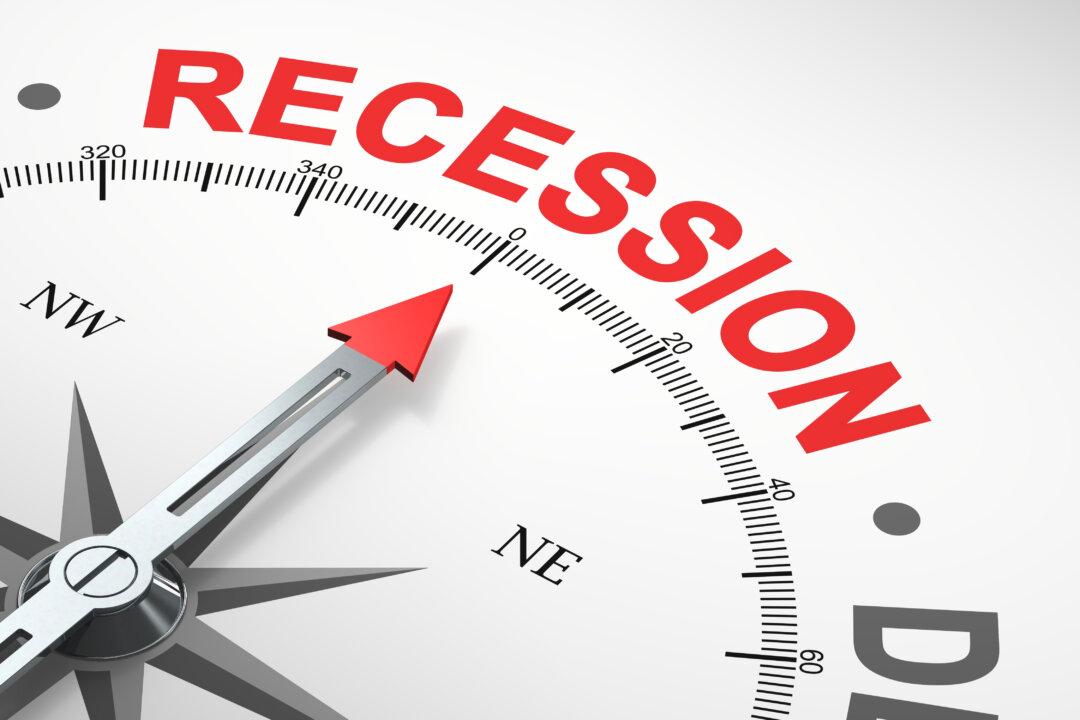Homebuilders are slowing down construction due to the struggling housing market.
According to the U.S. Census Bureau, the sale of newly built homes has dropped to a five-year low, at around 511,000 for the month of July. The July census data also show that new homes actively under construction are at about 839,000, which would make it the first time in history in which U.S. homebuilders are building more homes than they are selling.






